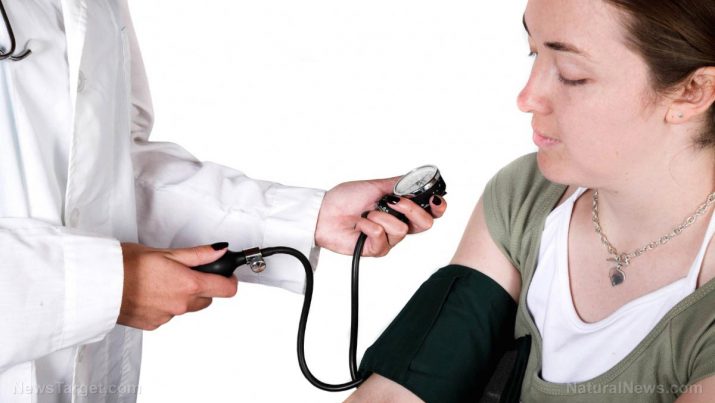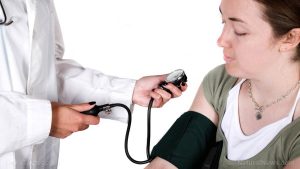
Primary aldosteronism – causes, side effects and treatments at NaturalPedia.com
Wednesday, July 11, 2018 by Michelle Simmons
http://www.naturalpedia.com/primary-aldosteronism-causes-side-effects-and-treatments-at-naturalpedia-com.html

Primary aldosteronism, also known as Conn syndrome or hyperaldosteronism, is a condition wherein the aldosterone production exceeds the body’s needs and is relatively autonomous with regard to its normal chronic regulator, the renin-angiotensins II system. Aldosterone is a hormone that helps regulate the levels of salt and potassium in the body. Excessive amounts of aldosterone cause the body to hold on to sodium, which in turn results in salt and water buildup and an increase in blood pressure.
The main causes of primary aldosteronism include overactivity of both adrenal glands; a noncancerous growth or tumor in one adrenal gland; and inherited disorder that affects aldosterone production; and a cancerous tumor of the adrenal gland.

Known symptoms of primary aldosteronism
The known signs of primary aldosteronism include muscle weakness and muscle paralysis; hypokalemia or abnormally low levels of potassium in blood; fatigue; blurred vision; high blood pressure; and excessive thirst. Moreover, primary aldosteronism may lead to other complications. Low potassium levels may affect the electrical activity of the heart, which can lead to cardiac arrhythmias; and a persistently high blood pressure may result in kidney damage, heart attack, heart failure, or stroke.
Body systems harmed by primary aldosteronism
The body systems harmed by primary aldosteronism include the endocrine and the cardiovascular systems.
List of foods or nutrients that prevent primary aldosteronism
There is no information on what foods or nutrients exactly prevent aldosteronism, although there are foods that support adrenal health. These include high-quality proteins, avocados, sea salt, fatty cold-water fish, organ meats like liver, and organic vegetables, such as asparagus, carrots, celery, and dark leafy greens. There are also foods that can prevent high blood pressure, a common side effect of primary aldosteronism. These include leafy green vegetables which are high in potassium; berries, such as blueberries, raspberries, and strawberries; red beets; skim milk and yogurt; oatmeal; bananas; seeds, such as sunflower, pumpkin, and squash seeds; garlic and herbs; dark chocolate; pistachios; olive oil; and pomegranate.
Treatments, management plans for primary aldosteronism
The treatment for primary aldosteronism will depend on the cause of the disease. One treatment option is to remove the adrenal gland through surgery. The surgery can bring back the blood pressure to normal. Lifestyle changes can also have an impact on the treatment of primary aldosteronism. Some effective healthy lifestyle habits to treat primary aldosteronism include maintaining a healthy weight, limiting sodium intake, eating a balanced and healthy diet, exercising, reducing stress, not smoking, and limiting alcohol intake.
Where to learn more
- Aldosterone Provides New Treatment for Age-Related Hearing Loss
- How You Can Improve Your Hormones, Sleep, Heart and Brain Health
- Why does drinking alcohol or sugary drinks make us thirsty?
- The remarkable health benefits of licorice
- Give your aging body a break: Older adults should avoid a high-salt diet
Summary
Primary aldosteronism is a condition in which there is too much aldosterone in the body.
Primary aldosteronism harms the endocrine and the cardiovascular systems.
Primary aldosteronism causes muscle weakness and muscle paralysis; hypokalemia or abnormally low levels of potassium in blood; fatigue; blurred vision; high blood pressure; and excessive thirst.
Primary aldosteronism may lead to arrhythmia, kidney damage, heart attack, heart failure, and stroke.
Natural treatments of primary aldosteronism include maintaining a healthy weight, limiting sodium intake, eating a balanced and healthy diet, exercising, reducing stress, not smoking, and limiting alcohol intake.
Sources include:
Tagged Under: Tags: Primary aldosteronism





